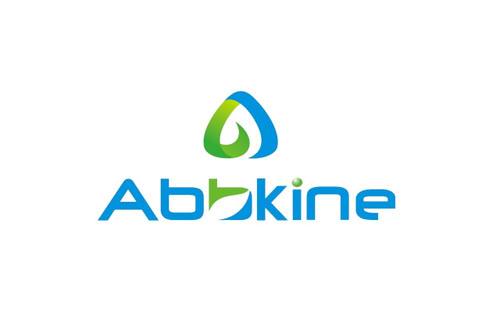Product Description
Mouse STE20-like serine/threonine-protein kinase (SLK) ELISA Kit | AE18216MO | Abebio
Species Reactivity: Mouse (Mus musculus)
Abbreviation: SLK
Alternative Name: KIAA0204; LOSK; MGC133067; STK2; bA16H23.1; se20-9; CTCL tumor antigen se20-9|Long Ste20-like Kinase|SNF1 (sucrose nonfermenting; yeast; homolog) -like kinase; SNF1 sucrose nonfermenting like kinase|
Application: ELISA
Range: 0.312-20 ng/mL
Sensitivity: 0.115 ng/mL
Intra-Assay: ≤5.2%
Inter-Assay: ≤10.9%
Recovery: 1, 02
Sample Type: Serum, Plasma, Other biological fluids
Detection Method: Sandwich
Analysis Method : Quantitive
Test Principale: This assay employs a two-site sandwich ELISA to quantitate SLK in samples. An antibody specific for SLK has been pre-coated onto a microplate. Standards and samples are pipetted into the wells and anySLK present is bound by the immobilized antibody. After removing any unbound substances, a biotin-conjugated antibody specific for SLK is added to the wells. After washing, Streptavidin conjugated Horseradish Peroxidase (HRP) is added to the wells. Following a wash to remove any unbound avidin-enzyme reagent, a substrate solution is added to the wells and color develops in proportion to the amount of SLK bound in the initial step. The color development is stopped and the intensity of the color is measured.
Product Overview: FYN encodes a membrane-associated tyrosine kinase that has been implicated in the control of cell growth. The protein associates with the p85 subunit of phosphatidylinositol 3-kinase and interacts with the fyn-binding protein. Alternatively spliced transcript variants encoding distinct isoforms exist. Fyn is a tyrosine specific phospho-transferase that is a member of the Src family of tyrosine protein kinases.Fyn is primarily localized to the cytoplasmic leaflet of the plasma membrane, where it phosphorylates tyrosine residues on key targets involved in a variety of different signaling pathways. Tyrosine phosphorylation of target proteins by Fyn serves to either regulate target protein activity, and/or to generate a binding site on the target protein that recruits other signaling molecules.
Stability: The stability of ELISA kit is determined by the loss rate of activity. The loss rate of this kit is less than 5% within the expiration date under appropriate storage condition. The loss rate was determined by accelerated thermal degradation test. Keep the kit at 37°C for 4 and 7 days, and compare O.D.values of the kit kept at 37°C with that of at recommended temperature. (referring from China Biological Products Standard, which was calculated by the Arrhenius equation. For ELISA kit, 4 days storage at 37°C can be considered as 6 months at 2 - 8°C, which means 7 days at 37°C equaling 12 months at 2 - 8°C) .
 Euro
Euro
 USD
USD
 British Pound
British Pound
 NULL
NULL








